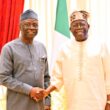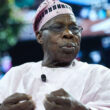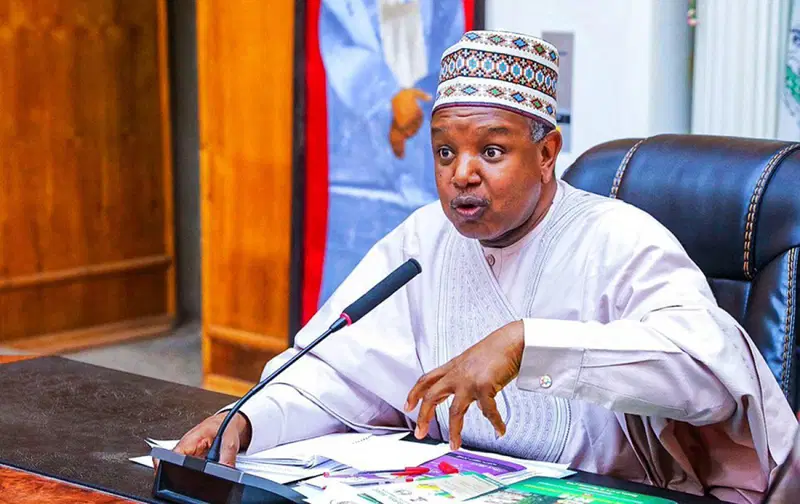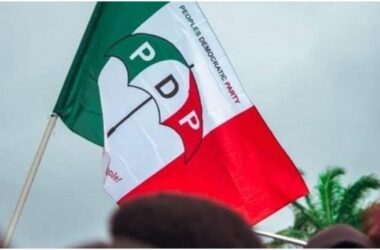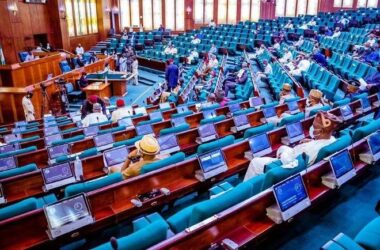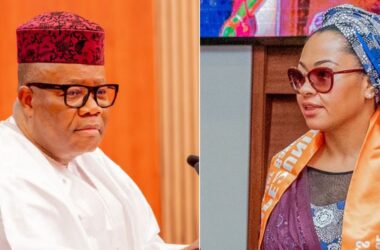Abubakar Bagudu, the Minister of Budget and Economic Planning, has revealed that the recent nationwide #EndBadGovernance protests have compelled the federal government to seriously listen to the concerns of Nigerians.
Speaking during the Nigerian Economic Summit Group’s National Economic Dialogue, which centered on the future of Nigeria’s economy and reflected on 25 years of democracy, Bagudu acknowledged that the government has learned valuable lessons from the protests and is now more aware of the need for urgent change.
The minister noted that while past administrations have been partly responsible for Nigeria’s current economic challenges, President Bola Tinubu has chosen not to dwell on the past but instead focus on finding solutions for the present.
“We have learned that even the current protests have made us listen more. Whatever we are doing, we have taken the message that we need to do more, we need to do better, and we need to do it in a hurry,” Bagudu stated.
He further explained that despite the efforts made over the last two and a half decades, Nigeria’s progress has not reached the level that many had hoped for.
He added; “President Bola Tinubu has been very reluctant to reflect on the past and blame anybody, but the net effect is that despite efforts by previous administrations, especially in the last 25 years, we are not where we want to be.
“So, what do we do? It’s not because of anyone’s failing, but that is our reality. We have yet to achieve the income per capita that we require, and it’s not for lack of trying; it’s not for lack of successes. With the transformation in the telecommunication sector, at some point, we even reversed our gross domestic product, GDP.
‘’Our population has grown from 119 million in 1999 to about 230 million, almost double. Still, our oil production, for example, 2.2 million barrels in 1999, is now rather than 4 million, according to the doubling of our population, which is still under 1.5 million, reflecting cumulative years of underinvestment in the sector.
“So, our reality is that we are not where we want to be, and our constitution needs to be more transparent about what we should do. Chapter 2 of our Constitution, the Fundamental Objectives and Directive Principles of State Policy, clearly discusses the country’s political objectives. It is also very clear about the economic objectives—what kind of economy we want to run.
“Chapter two of the Constitution spells out citizens’ duties. The chapter opens by saying that all persons in authority, legislative, executive, and judicial, at all levels of government, have the primary mandate to ensure the achievement of those fundamental objectives in Chapter 2.
“So, the constitution—maybe we can interrogate it and make it better—provides a starting point. Agenda 2050 reflects those objectives. We want a nation that includes all. We want a higher per capita by the year 2050. We want to ensure that we invest not less than $100 billion annually.
‘’But if our experience in the last 25 years should serve us as a guide, we sometimes know how difficult it is because you have to make choices that are both pleasant and unpleasant to be able to mobilise capital, private and borrowed, to support our aspiration.
“If we are to provide for what we can pay, this is what it costs. And it’s in terms of money way above what was available to us. So, I know this is an opening remark. We are not where we want to be. That’s why after 25 years of constitutional democracy, we are a federal democracy, which requires minimum cooperation among all the tiers of government.
‘’Some achievements in the last 25 years reflect the ability or the post-cooperation sometimes among the tiers of government.
“But we are not lamenting. We are willing to take the bull by the horns. We have a president today who, as God will have it, has actively participated in the last 25 years that are under review. Among his achievements was that he ran a state with the largest economy in the country.
‘’He tried some of the ideas that he’s inviting us to take on at the national level, meaning ideas that we have to support our dreams, the private sector willing to take risks, put money to work, create capital, and create employment.’’


